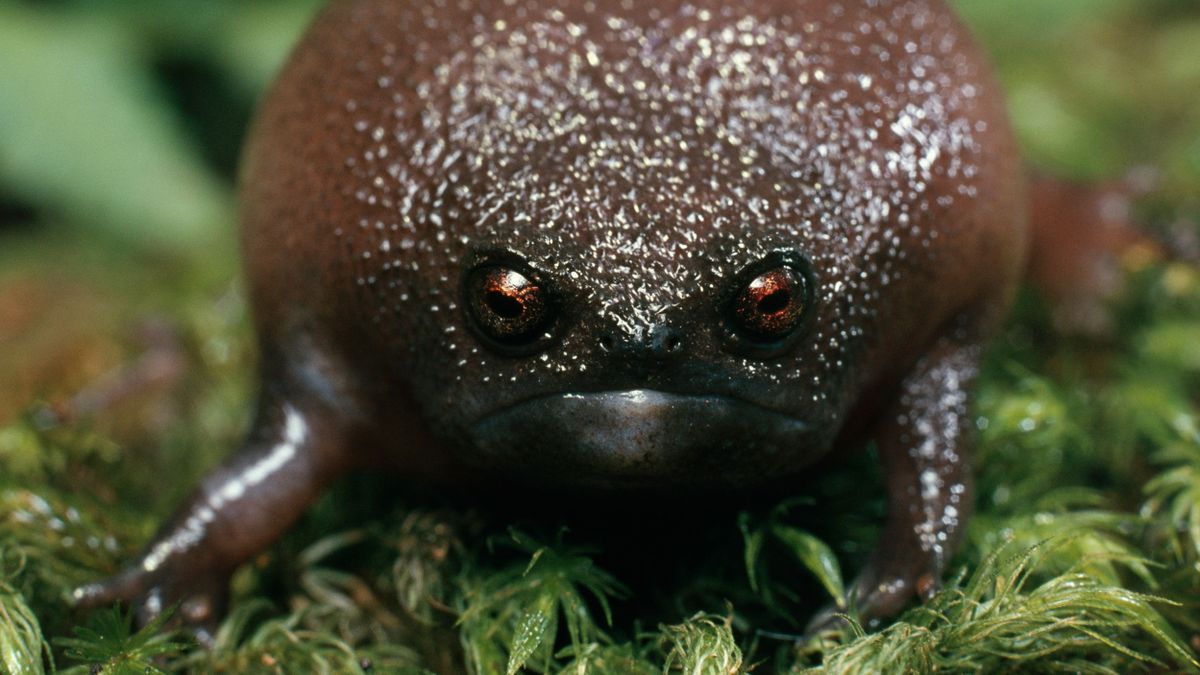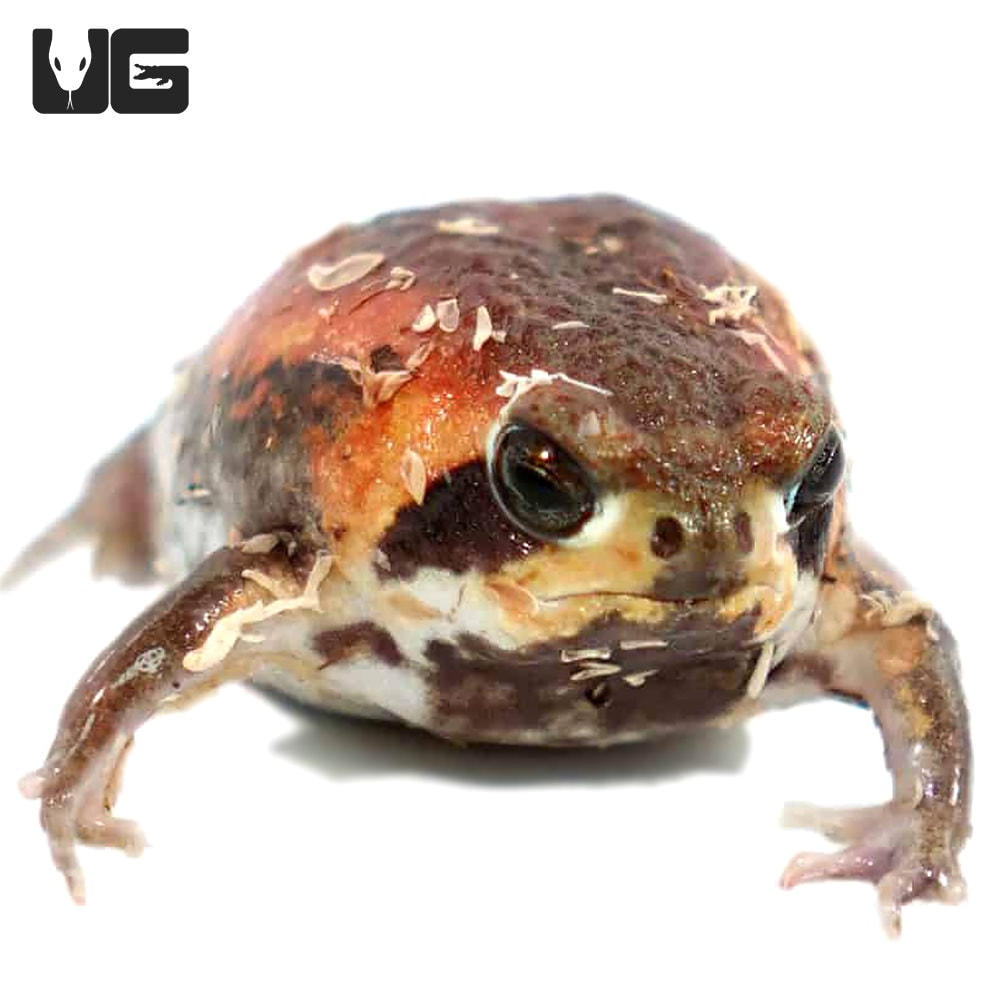Seeking Rain Frog for Sale? Discover Your Suitable Amphibian Companion Here!
Seeking Rain Frog for Sale? Discover Your Suitable Amphibian Companion Here!
Blog Article
Common Wellness Issues in Reptiles: Signs And Symptoms and Solutions
In the elaborate globe of reptile care, recognizing the usual health problems that might impact these one-of-a-kind animals is critical in guaranteeing their health. Whether it's grappling with parasitic infestations, navigating dehydration problems, or dealing with skin disorders that materialize in refined methods, being attuned to the signs and symptoms and outfitted with the knowledge of effective remedies is vital for any kind of reptile owner.
Breathing Infections
Respiratory infections in reptiles can significantly affect their overall health and need prompt attention from experienced veterinarians. In reptiles, respiratory infections can be particularly challenging to identify and treat due to their unique composition and physiology.
Treatment for breathing infections in reptiles normally includes a mix of supportive care, such as keeping appropriate moisture levels and temperature level slopes in the room, along with targeted drug to address the specific microorganism accountable for the infection. It is vital for reptile owners to monitor their pets closely for any kind of signs of respiratory distress and look for vet care at the earliest indication of a problem. With prompt intervention and appropriate therapy, lots of reptiles can recoup fully from breathing infections and resume regular tasks.

Metabolic Bone Disease
What variables contribute to the development of Metabolic Bone Disease in reptiles?
Metabolic Bone Illness (MBD) in reptiles is mostly triggered by an absence of correct calcium, phosphorus, and vitamin D3 degrees in their diet. When reptiles do not obtain adequate calcium, either through their food or appropriate UVB direct exposure for vitamin D3 synthesis, they go to a high threat of developing MBD. Reptiles with diet plans reduced in calcium or unbalanced calcium to phosphorus proportions are particularly vulnerable. In addition, poor direct exposure to UVB light protects against reptiles from manufacturing vitamin D3, which is essential for calcium absorption and bone health and wellness.
Various other adding aspects to MBD include inappropriate temperature slopes within the reptile's habitat, leading to lowered metabolic rate and damaged calcium absorption. Not enough moisture degrees can likewise impact a reptile's capability to metabolize calcium effectively. Furthermore, particular reptile types have certain dietary requirements that, otherwise met, can increase the chance of creating MBD. Regular vet examinations, proper husbandry techniques, and a well balanced diet are essential to prevent Metabolic Bone Condition in reptiles.
Parasitic Problems
Parasitic invasions posture a substantial health and wellness threat to reptiles, affecting their overall health and requiring timely veterinary interest. Reptiles can be influenced by various bloodsuckers, including termites, ticks, internal worms, and protozoa. These parasites can trigger a series of symptoms, such as weight-loss, sleepiness, skin irritation, diarrhea, and also death if left without treatment.
One usual parasite located in reptiles is the mite, which can create skin irritation, anemia, and anxiety. Ticks are another my sources external parasite that can create and transfer conditions pain to the reptile. Inner bloodsuckers like worms and protozoa can lead to digestive system concerns, lack of nutrition, and compromise the reptile's body immune system.
To detect a parasitical problem, dig this a vet might execute fecal examinations, skin scrapings, or blood examinations. Therapy often involves deworming drugs, antiparasitic bathrooms, or in severe cases, a hospital stay. Preventative actions such as normal vet examinations, appropriate health, and quarantine treatments for brand-new reptiles can aid lessen the risk of parasitic infestations and make certain the wellness of reptile family pets.
Dehydration and Hydration Issues
Dehydration in reptiles can significantly influence their health a knockout post and health, demanding timely intervention and ideal hydration monitoring. Reptiles are susceptible to dehydration as a result of various factors such as inadequate water consumption, high ecological temperature levels, and particular health and wellness conditions. Symptoms of dehydration in reptiles include sunken eyes, sleepiness, loss of skin elasticity, and minimized urination. If left neglected, dehydration can lead to significant wellness problems and even be deadly to the reptile.
To stop dehydration, reptile owners should make certain that their animals have access to clean water whatsoever times. The water dish must be huge sufficient for the reptile to soak in if required, specifically for species that absorb water with their skin. In addition, keeping proper moisture levels in the reptile's room and giving routine baths can aid prevent dehydration.
In situations of dehydration, it is critical to seek veterinary care quickly. A vet may carry out fluids either by mouth or via shots to rehydrate the reptile. It is vital to address the underlying root cause of dehydration to stop reoccurrence and ensure the reptile's overall well-being.
Skin Ailments

Conclusion

Respiratory infections in reptiles can significantly affect their overall health and wellness and require punctual focus from seasoned veterinarians (rain frog for sale). Preventative actions such as normal veterinary exams, proper hygiene, and quarantine treatments for brand-new reptiles can help decrease the risk of parasitic invasions and guarantee the well-being of reptile pets
If left untreated, dehydration can lead to significant wellness problems and even be fatal to the reptile.
Routinely examining your reptile for any type of adjustments in skin look, shade, or appearance can help in very early detection and treatment of skin conditions, promoting the total health and well-being of your scaly buddy. - rain frog for sale
In conclusion, reptiles are prone to different wellness concerns such as respiratory infections, metabolic bone disease, parasitic problems, dehydration, and skin conditions.
Report this page